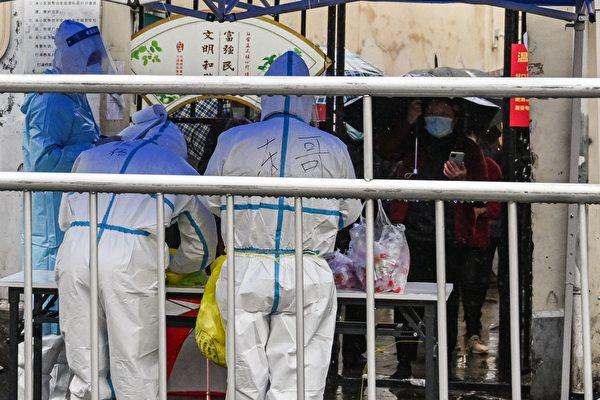Commentary
For much of the past 10 to 15 years, the Chinese economy followed a familiar boom and bust pattern, even if the official GDP data were suspiciously straight.

For much of the past 10 to 15 years, the Chinese economy followed a familiar boom and bust pattern, even if the official GDP data were suspiciously straight.